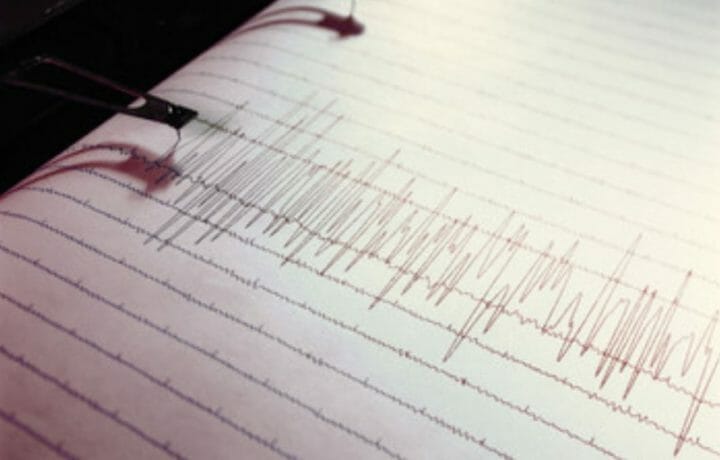While polygraph tests have been the defacto method of uncovering lies for decades, a new, software-based predictive analysis tool looks to improve it.
JEDI MIND, a Star Wars-based acronym for the Joint Estimation of Deception Intent via Multisource Integration of Neuropsychological Discriminator, was the winner of the INSTINCT competition (Investigating Novel Statistical Techniques to Identify Neurophysiological Correlates of Trustworthiness), hosted by the Intelligence Advanced Research Projects Activity (IARPA).
JEDI predicts trustworthiness in a partner
The 70 day contest challenged 39 participants to create “innovative algorithms that can use data from one participant to accurately predict whether their partner will make trusting decisions and/or act in a trustworthy manner.” The participants submitted algorithms that were used against a test set of data over the 70 day period and submitted a “best and final” algorithm for final evaluation with a new data set.
JEDI MIND was developed by Troy Lau and Scott Kuzdeba from BAE Systems’ Adaptive Reasoning Technologies Group. It uses a “combination of innovative statistical techniques to improve predictions approximately 15 percent over the baseline analysis,” according to an IARPA release. The creators found that a person’s heart rate and reaction time are the most useful signals for discovering lies.
Uncle Sam wants to anticipate your intention
IARPA says JEDI MIND could help drive research into neural, physiological and behavioral signals to help anticipate “intentions or behavior.”
”We’re delighted with Lau and Kuzdeba’s insight into the data,” said Adam Russell, IARPA program manager, in the IARPA release. “Their performance under the rigorous evaluation process of the INSTINCT Challenge provides additional evidence in support of one of the TRUST program’s basic hypotheses: that the self’s own, often non-conscious signals – if they can be detected and leveraged appropriately – may provide additional valuable information in trying to anticipate the intentions of others.”
IARPA launched its TRUST (Tools for Recognizing Useful Signals of Trustworthiness) program in 2010 to identify new technologies and approaches that could advance the intelligence community’s ability to detect trustworthiness. The first phase of the program involved research that gathered large amounts of neural, physiological and behavioral data from volunteers, which was the underlying datasets used in the INSTINCT challenge.



